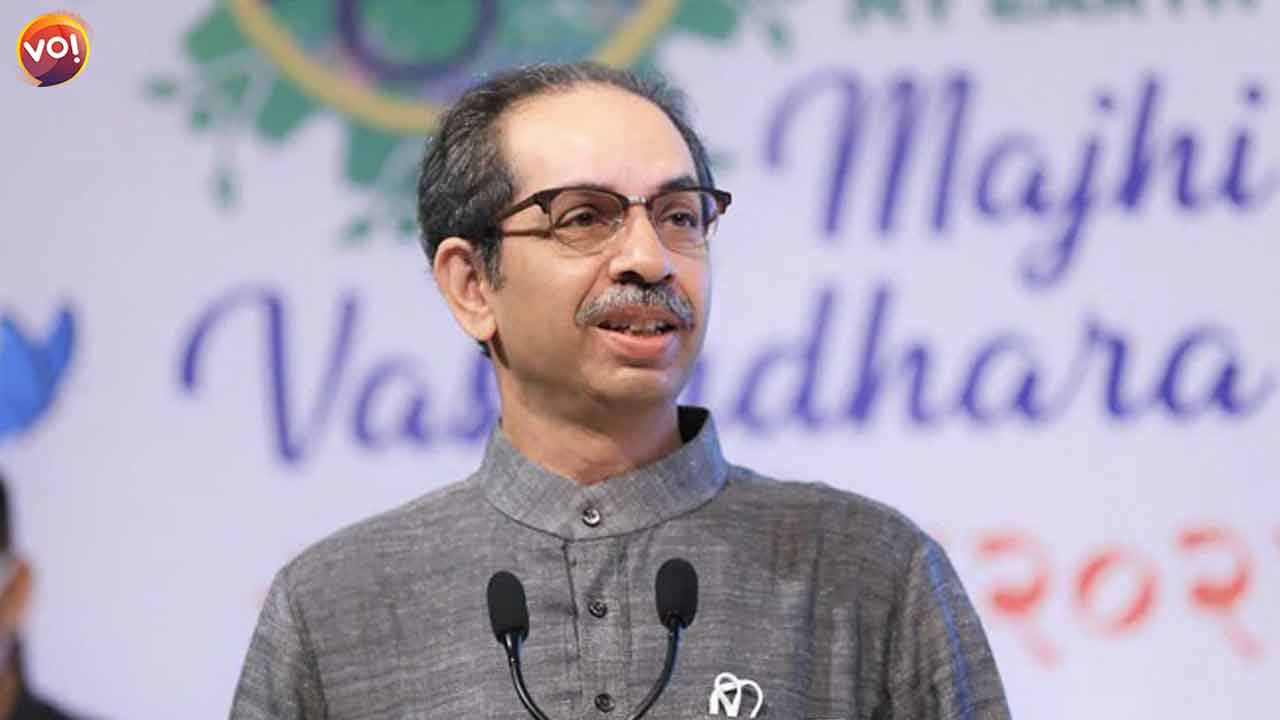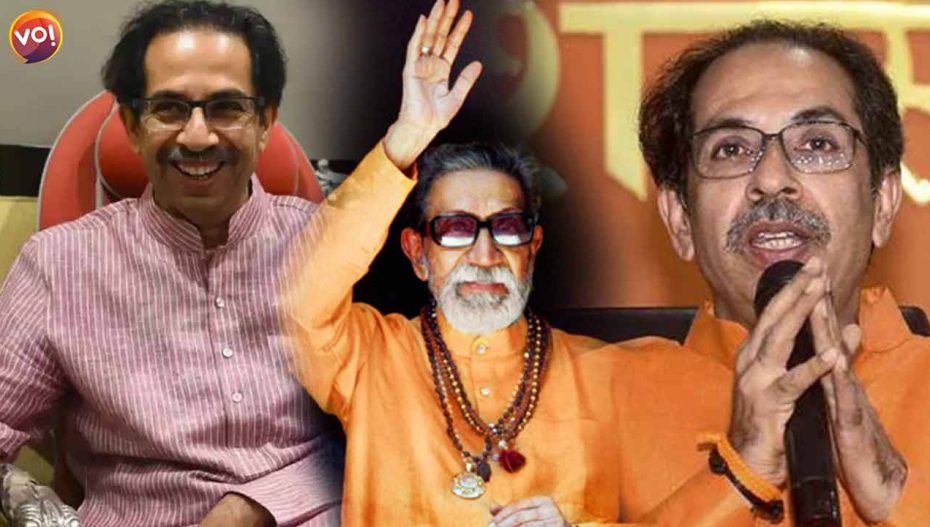Uddhav Thackeray is known to be a genteel man who insists on polite courtesies. He was hailed at one point for his photography skills and did indeed branch off into an advertising business.
It was Uddhav’s cousin, Raj, the more aggressive, who was expected to be the political heir. But he branched off with his own political outfit, realising that the fit into a legacy which he deserved by disposition, was not his by birth.
This changed the power dynamics within and outside the family; along with Uddhav’s career. He had to wrap up his ad business and join the family tradition of helming the seat of power. The post of the CM came riding on a collation with the NCP and the Congress. Neither is toeing a communal line Uddhav’s forte nor could he afford to; the coalition would have never supported a openly bias rule of law in favour of one and the cost of marginalising the already in minority numbers.
Even die-hard critics of Uddhav, like actor Swara Bhaskar, tweeted shortly after his resignation. “Once a critic, now an admirer.”
The post found instant likes by thousands. And not for nothing. In the communally volatile Mumbai, Uddhav’s reign will be remembered for not even a single riot, not a single terror activity. The blotch remains the Sushant Singh Rajput episode but that, as the judiciary ruled, was a “death by suicide.” And the entire power-bureaucracy nexus which came to light after the Hiren Mansukh murder.

The rise of Uddhav was just as dramatic as his end. When Maha Vikas Aghadi (MVA) was formed, he became the chief minister for merely a day. NCP’s Ajit Pawar broke off a faction to join BJP and Fadnavis. Then stepped in big man and NCP’s head, Sharad Pawar. He took charge, chastised nephew Ajit and placed Uddhav (the son of his friend) back in the CM’s seat.
Dissent, however, brewed from within and Sena members felt slighted and left out. Power stayed within the family. Uddhav and his rising son, Aditya Thackeray, seemed to overshadow the Sainiks. And this was the start point of all the trouble.
Not only did Aditya hold three cabinet positions, he also attended meetings of departments like MMRDA, angering senior Sena loyalists like Eknath Shinde and many more – as they rebelled against the government.
As the rebels left, Uddhav made no strong-arm moves like his father would have made or even Pawar would have. He simply asked them to come back and meekly vacated the CM’s bungalow, resigning to his fate – long before he resigned from his post on June 29, a day before the floor test was ordered by governor Koshiyari, an RSS veteran. If the Maha crisis as it is being called is a test Uddhav Thackeray’s fortitude, then he accepted his defeat with grace that befits an artist more than a politician.
Also Read: Uddhav Resigns As Maharashtra CM, MLC; Ball Now In Guv’s Court













